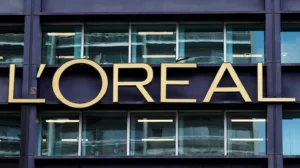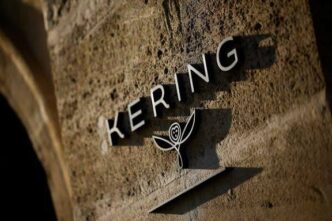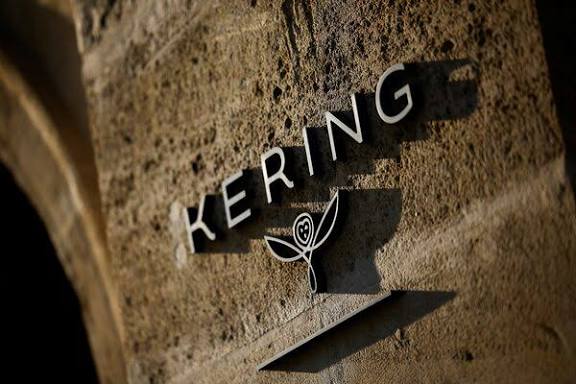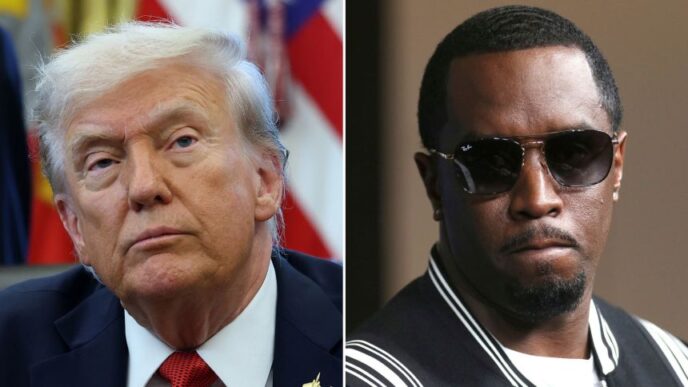French luxury giant Kering has announced the sale of its entire beauty products division, including its renowned Creed perfume brand, to L’Oréal in a deal valued at $4.6 billion (approximately €4 billion).
The transaction marks a major turning point for Kering, which has been grappling with mounting debt and declining profits.
Under the terms of the agreement, L’Oréal will also receive a 50-year exclusive license to develop and distribute beauty and wellness products for Kering’s elite fashion labels Gucci, Balenciaga, and Bottega Veneta.
Both companies confirmed the development in a joint statement on Sunday, describing it as “a long-term strategic partnership in luxury beauty and wellness.”
The deal, which remains subject to regulatory approval, is expected to be completed in the first half of 2026.
The acquisition strengthens L’Oréal’s dominance in the high-end fragrance and cosmetics market, positioning it as a major force in the niche perfume segment.
“Through Creed, we will establish ourselves as one of the leading players in the fast-growing niche fragrance market,” said L’Oréal CEO Nicolas Hieronimus.
The Creed brand, originally founded in 1760, has long been synonymous with craftsmanship and exclusivity, boasting iconic scents such as Aventus and Green Irish Tweed.
L’Oréal’s control of Creed is expected to significantly boost its luxury fragrance portfolio, which already includes Yves Saint Laurent, Lancôme, and Giorgio Armani Beauty.
For Kering, the sale represents a strategic retreat from the beauty market to focus on stabilizing its core fashion business.

The move comes just a month after newly appointed CEO Luca de Meo took charge with a clear mandate to curb the company’s rising debt, now estimated at €9.5 billion.
“This transaction reflects our focus on strengthening financial stability and refocusing on fashion the heart of our identity,” he said.
Kering’s financial troubles have deepened over the past year.
In July 2025, the group reported a 46 percent drop in net profit for the first half of the year, falling to €474 million, while revenue dipped 16 percent to €7.6 billion.
Moreover, the decision to divest from beauty comes amid intense competition in the luxury market, with rivals like LVMH and Hermès outpacing Kering in both sales and market expansion.
By offloading its beauty assets, Kering can reduce debt pressure while allowing L’Oréal to leverage its unmatched distribution network and innovation expertise in cosmetics.
The exclusive 50-year licensing agreement will officially take effect once Kering’s existing deal with American beauty company Coty expires in 2028.
This ensures a smooth transition for global operations while maintaining brand prestige and quality.
Furthermore, the partnership between Kering and L’Oréal signals a long-term collaboration that may pave the way for future co-branded innovations within luxury beauty.













